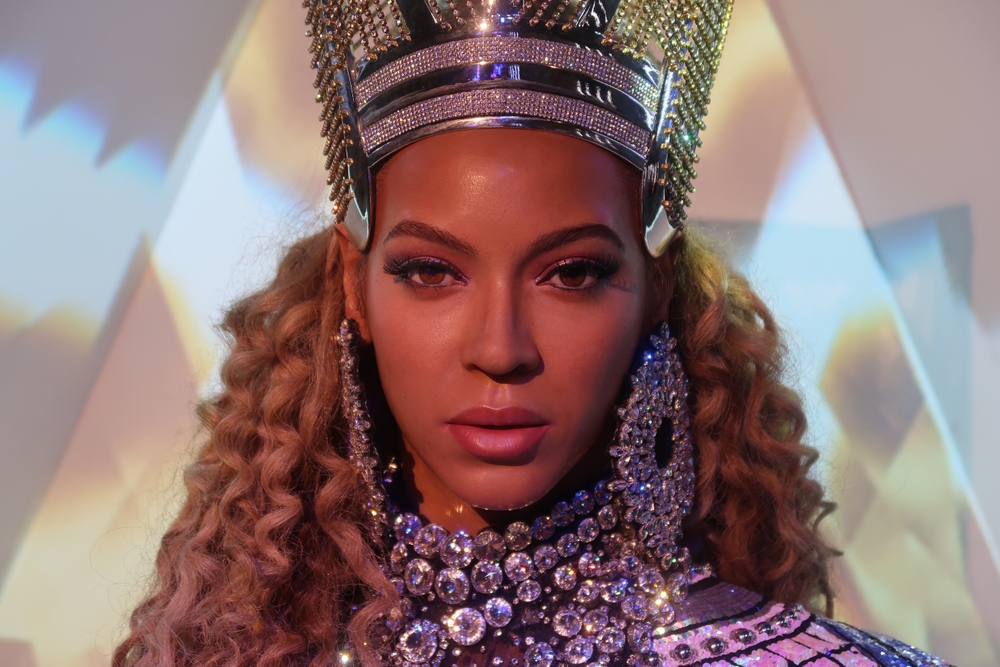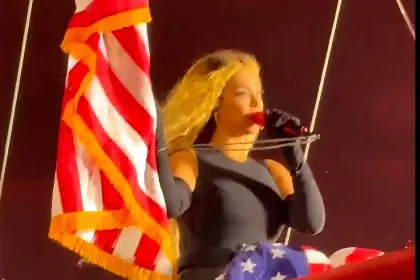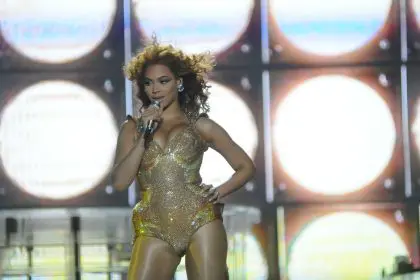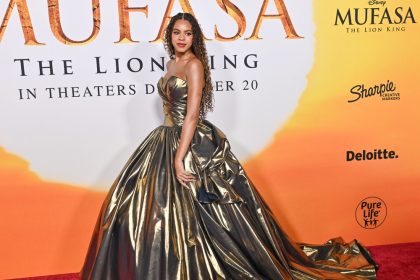Beyoncé and her record label, Sony Music, are embroiled in a legal battle over the hit single “Break My Soul” from her 2022 album Renaissance. The lawsuit, initiated by New Orleans-based group Da Showstoppaz, alleges that the song illegally samples a phrase from their 2002 track “Release a Wiggle.” Big Freedia, whose real name is Freddie Ross, is also named in the lawsuit for using the contested lyrics in the 2014 song “Explode,” which was then sampled by Beyoncé.
Dispute over a catchphrase
The core of the lawsuit revolves around the phrase “release yo wiggle” and its variations, which Da Showstoppaz claim are distinctive to their work. They argue that despite the success and profits of Beyoncé’s single, they have not been credited or compensated. Their legal team asserts that the song’s similarity is evident to any reasonable listener and that their unique and distinctive lyrics have been infringed upon.
Legal challenges and potential outcomes
While copyright law often does not extend protection to short, simple phrases, the plaintiff’s attorneys maintain confidence in their copyright claim. They argue that the phrase has become synonymous with Big Freedia, enhancing the artist’s fame without proper attribution to Da Showstoppaz. The group reportedly discovered the alleged infringement through Beyoncé’s use of “Explode” in “Break My Soul” and claim they have attempted to address the issue directly with the involved parties without receiving a response.
Impact on Beyoncé’s Renaissance
“Break My Soul” served as the surprise lead single for Beyoncé’s Renaissance album, achieving significant success by topping the Hot 100 chart for two weeks. This marked Beyoncé’s first solo No. 1 hit since 2008. The song also features a sample from Robin S.’s “Show Me Love,” showcasing the intricate layering of influences and samples that are a hallmark of contemporary music production.
The outcome of this lawsuit could have implications for the music industry, particularly regarding the use of samples and the protection of phrases within songs. As the case progresses, it will be closely watched for its potential impact on artists’ rights and the legal boundaries of musical inspiration.

















